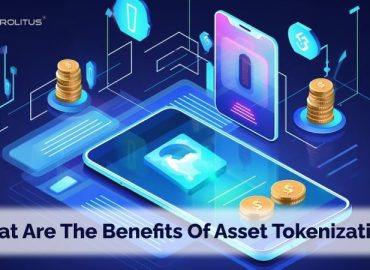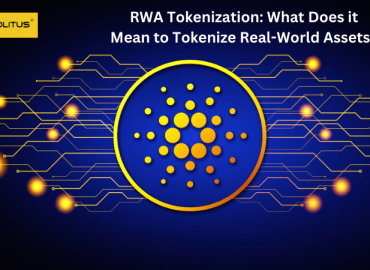The tokenization of farmland has emerged as an innovative investment opportunity, particularly appealing to millennials seeking alternative avenues. By leveraging blockchain technology, agricultural assets are transformed into digital tokens, allowing investors to participate in fractional ownership and access previously untapped markets. This article explores the benefits and considerations of tokenized farmland and its impact on the agricultural sector.
Accessibility and Fractional Ownership:
One of the key advantages of tokenized farmland is the increased accessibility it offers to investors. Traditionally, investing in agricultural land requires substantial capital and expertise. However, through fractional ownership facilitated by tokenization, individuals can now invest in small portions of farmland, thereby diversifying their investment portfolios without a significant upfront investment. This democratization of agricultural investments opens doors for millennials eager to participate in sustainable and socially responsible ventures.
Enhanced Liquidity and Market Efficiency:
Tokenization brings liquidity to the historically illiquid farmland market. By converting agricultural assets into digital tokens, investors can buy, sell, and trade these tokens more quickly than physical land. This increased liquidity improves market efficiency and enables investors to exit their positions more readily, potentially attracting a larger pool of participants to the agricultural sector. Furthermore, it provides flexibility for investors who want to diversify their holdings or adjust their investment strategies.
Transparency and Traceability:
Another significant benefit of tokenized farmland is the potential for increased transparency and traceability. Blockchain technology, which underpins tokenization, offers a decentralized and immutable ledger that records all transactions and ownership details. This transparency instills confidence among investors, allowing them to verify the legitimacy and history of the farmland they are investing in. Additionally, it can promote sustainable farming practices and ensure compliance with environmental regulations, as the entire supply chain can be tracked and audited.
Empowering Farmers and Landowners:
The tokenization of farmland also has positive implications for the agricultural sector itself. Farmers and landowners can leverage this innovative financing model to unlock additional capital for expansion, equipment upgrades, and sustainable practices. Tokenization enables them to divide their land into tradable units, attracting investors who are interested in supporting the growth and development of the agricultural industry. This collaboration between investors and farmers fosters innovation, improves productivity, and strengthens the overall resilience of the agricultural sector.
Regulatory Considerations and Challenges:
While the concept of tokenized farmland presents exciting opportunities, it has challenges. Regulatory frameworks and legal considerations surrounding tokenization need to be addressed to ensure investor protection and compliance. Authorities must define appropriate regulations that safeguard investor interests, clarify ownership rights, and establish mechanisms for dispute resolution. Additionally, technological scalability and interoperability issues may arise as the tokenization market grows, requiring robust infrastructure and industry standards.
Final Thought
The tokenization of farmland is revolutionizing the agricultural investment landscape, providing millennials and other investors with a novel avenue to participate in this essential sector. By unlocking fractional ownership, liquidity, transparency, and opportunities for farmers, tokenized farmland paves the way for a more inclusive and sustainable agricultural future. As the regulatory landscape evolves and technological advancements continue, the potential for tokenized farmland to reshape the agricultural industry remains promising.





